There is now deep concern among contractors and suppliers about slippage and a lack of official programme transparency.
Their trade body, the Rail Industry Association, has now taken the step of carrying out its own progress audit on the planned rolling programme of 58 enhancement projects, after the Department of Transport’s failure to publish annual progress updates as originally promised.
The Government initially committed £10.4bn for enhancements in CP6, but has since revised down this amount to £9.6bn. But the supply chain warns it is now operating in the dark about exactly which projects will progress and which will be delayed or cancelled.
The association warns that failure to publish any subsequent update has led to considerable rail supply sector uncertainty and concern.
The RIA’s analysis shows that there has been significant progress on many of the RNEP schemes, with 18 progressing towards design, delivery or completion.
But it warns the 19 red and 21 amber entries highlight the significant uncertainty around the vital programme and the need for Government to issue an update on the status of these schemes.
RIA’s rough analysis shows that about £6bn has been spent or announced so far, including £2.9bn allocated for the Transpennine Route Upgrade but not the full £9bn-11.5bn estimated to be required for the entire project.
Association chief executive Darren Caplan said: “It’s three years since the first and last publication of the Rail Network Enhancements Pipeline, despite the Government committing to publish an annual update. This has led to a lack of visibility for rail suppliers, who are simply looking to plan and invest in their businesses and workforces to conduct the work.
“While we are all aware there are difficult economic times ahead, as well as increased pressure on public spending, RIA and our members are simply asking for visibility on what the Government is planning on rail enhancements projects – we are not lobbying on budgets.
“It is welcome that many RNEP projects are actually being completed or progressing, but a clear matter of concern that there has been no update on almost half of these schemes since 2019.”

.gif)



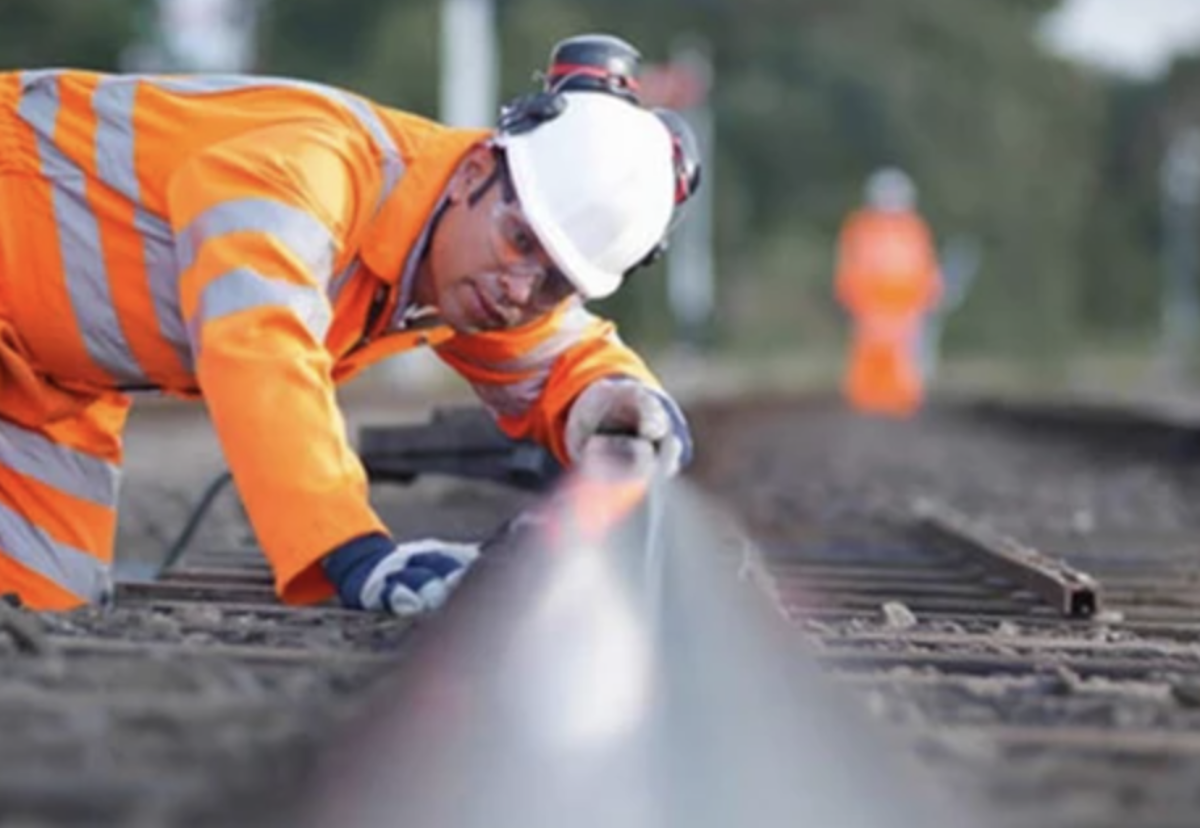

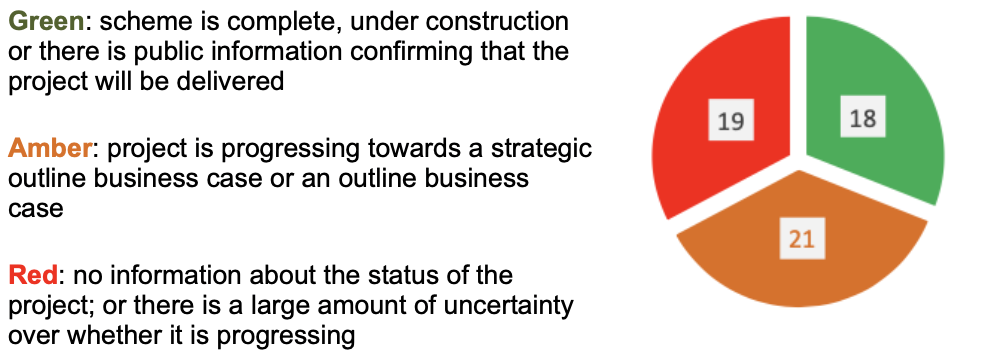


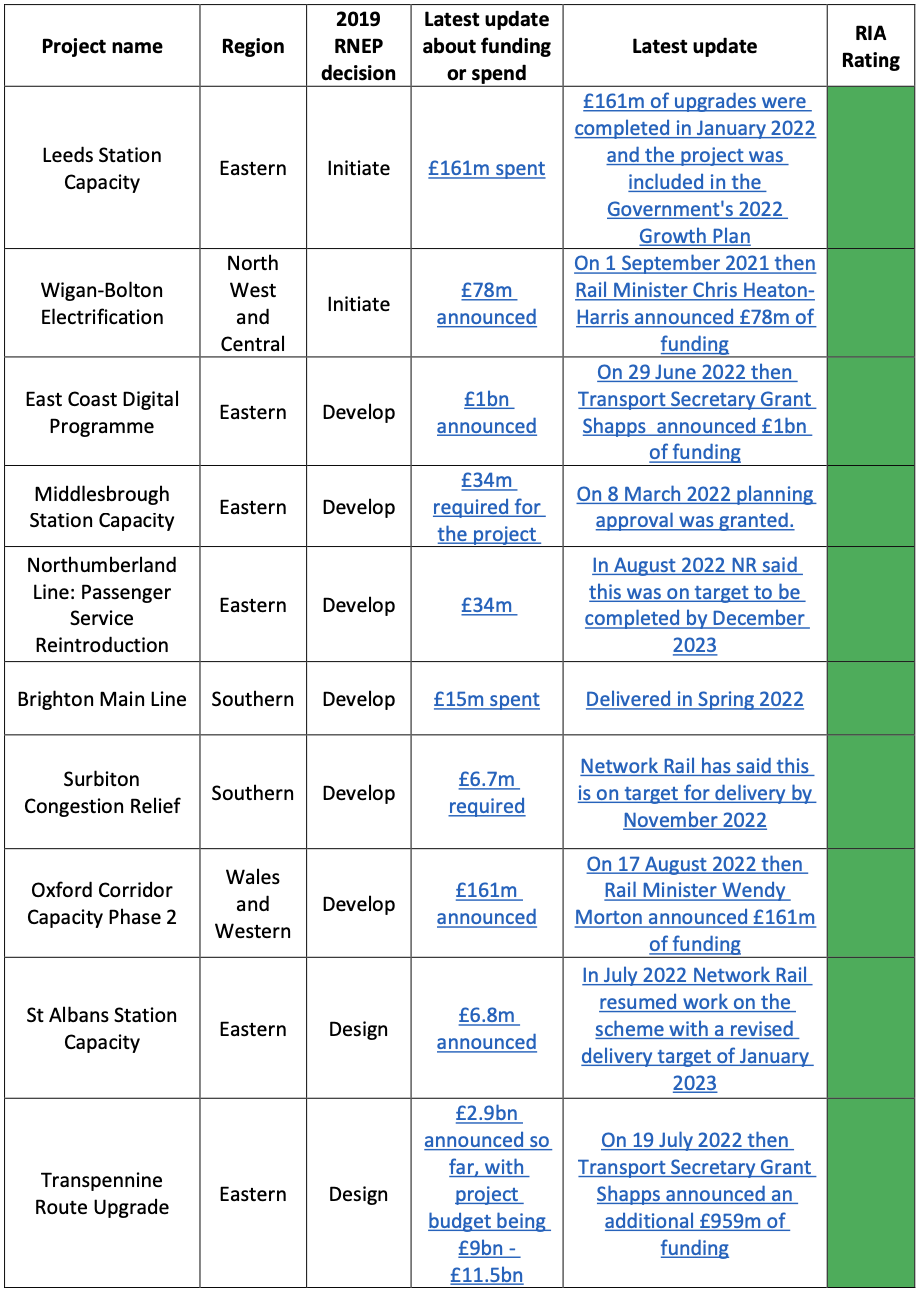
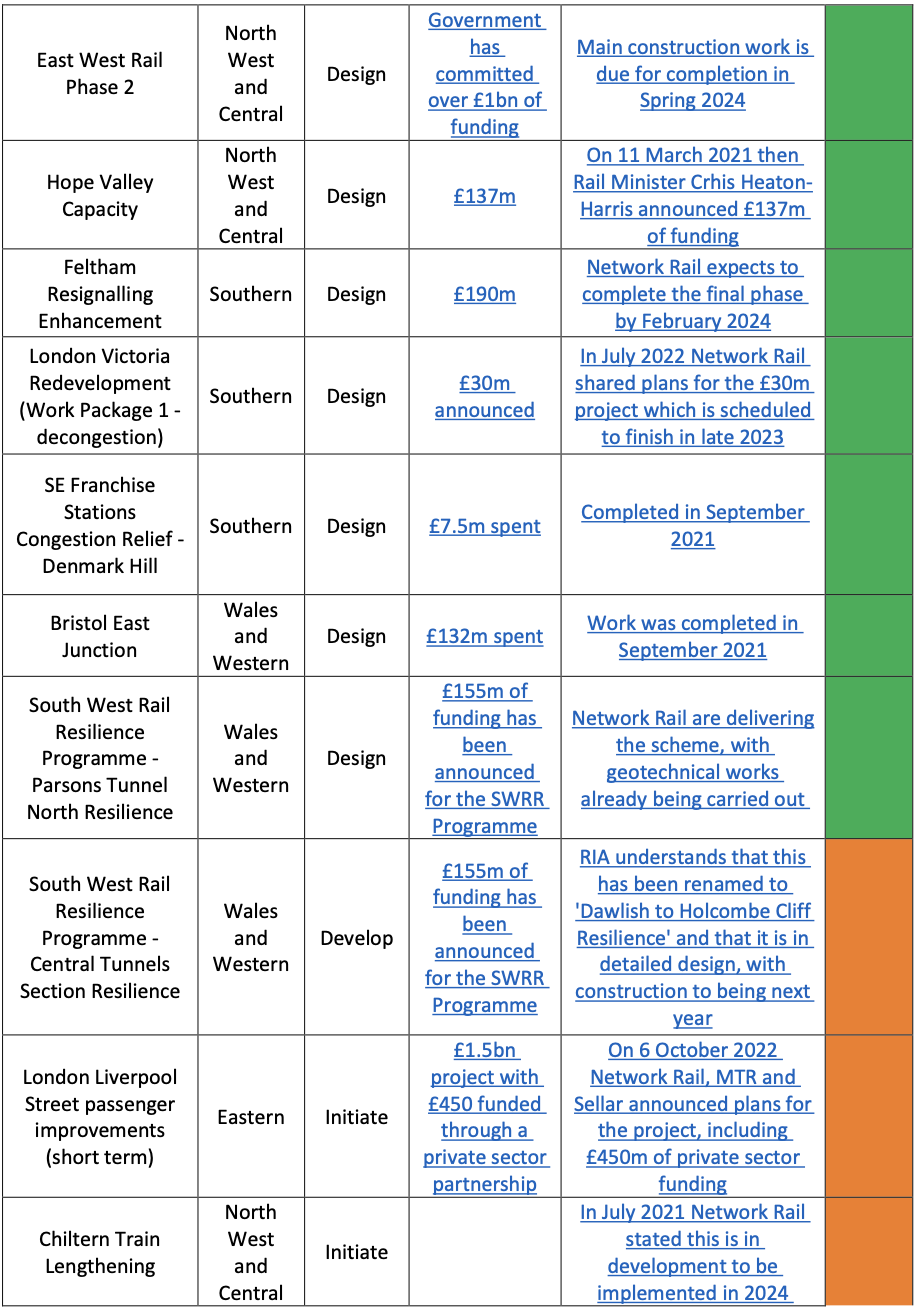
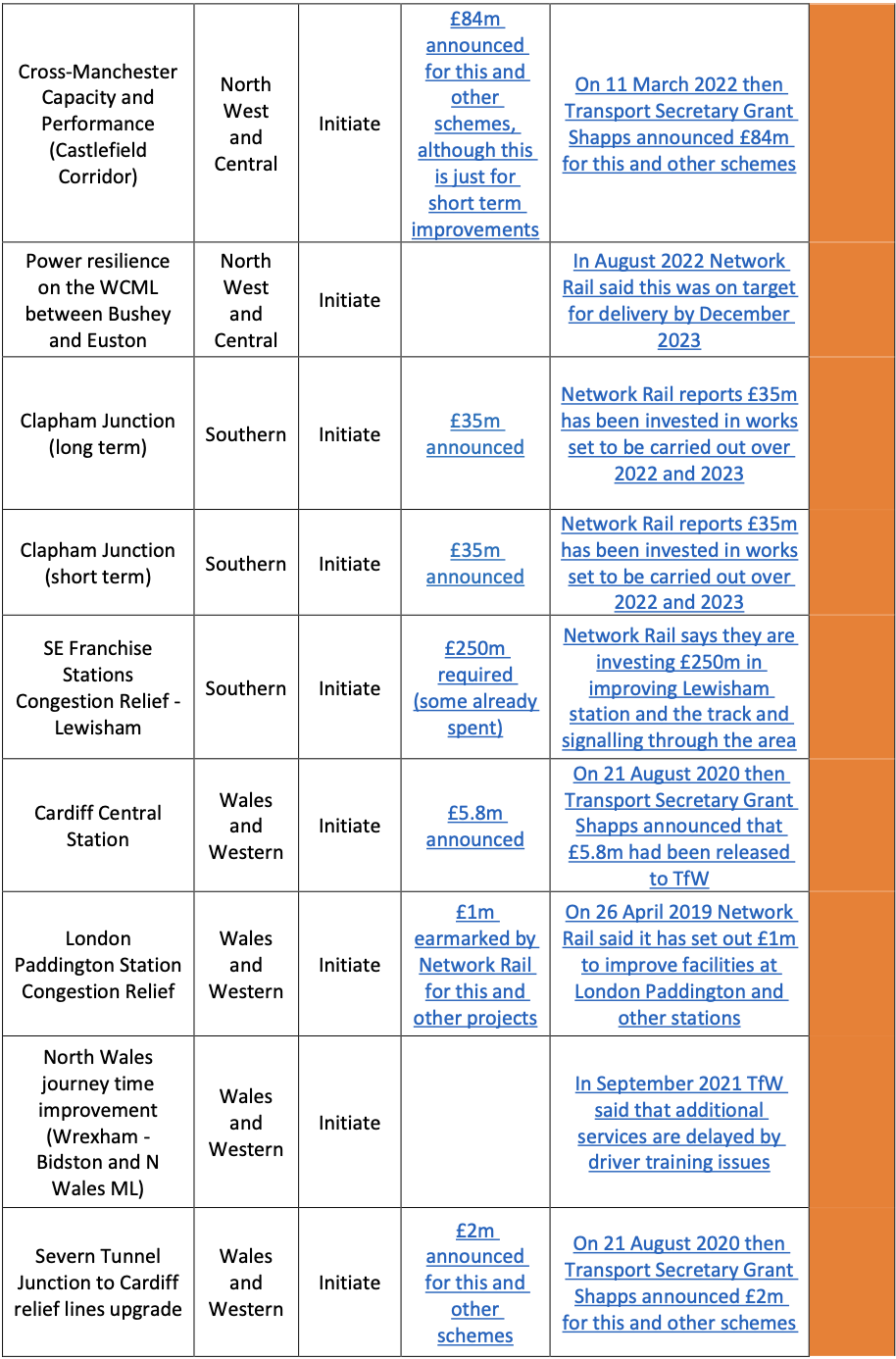
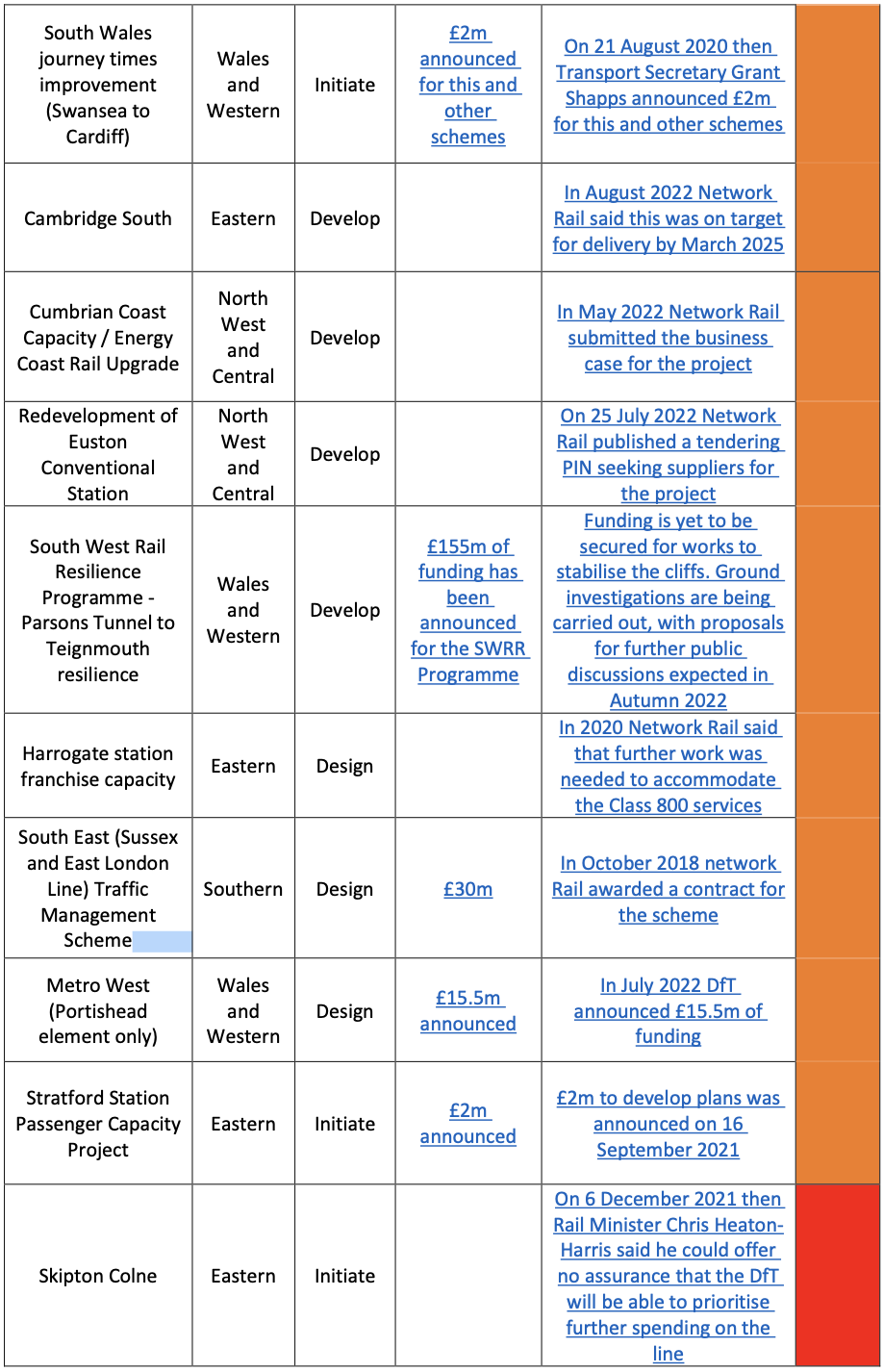
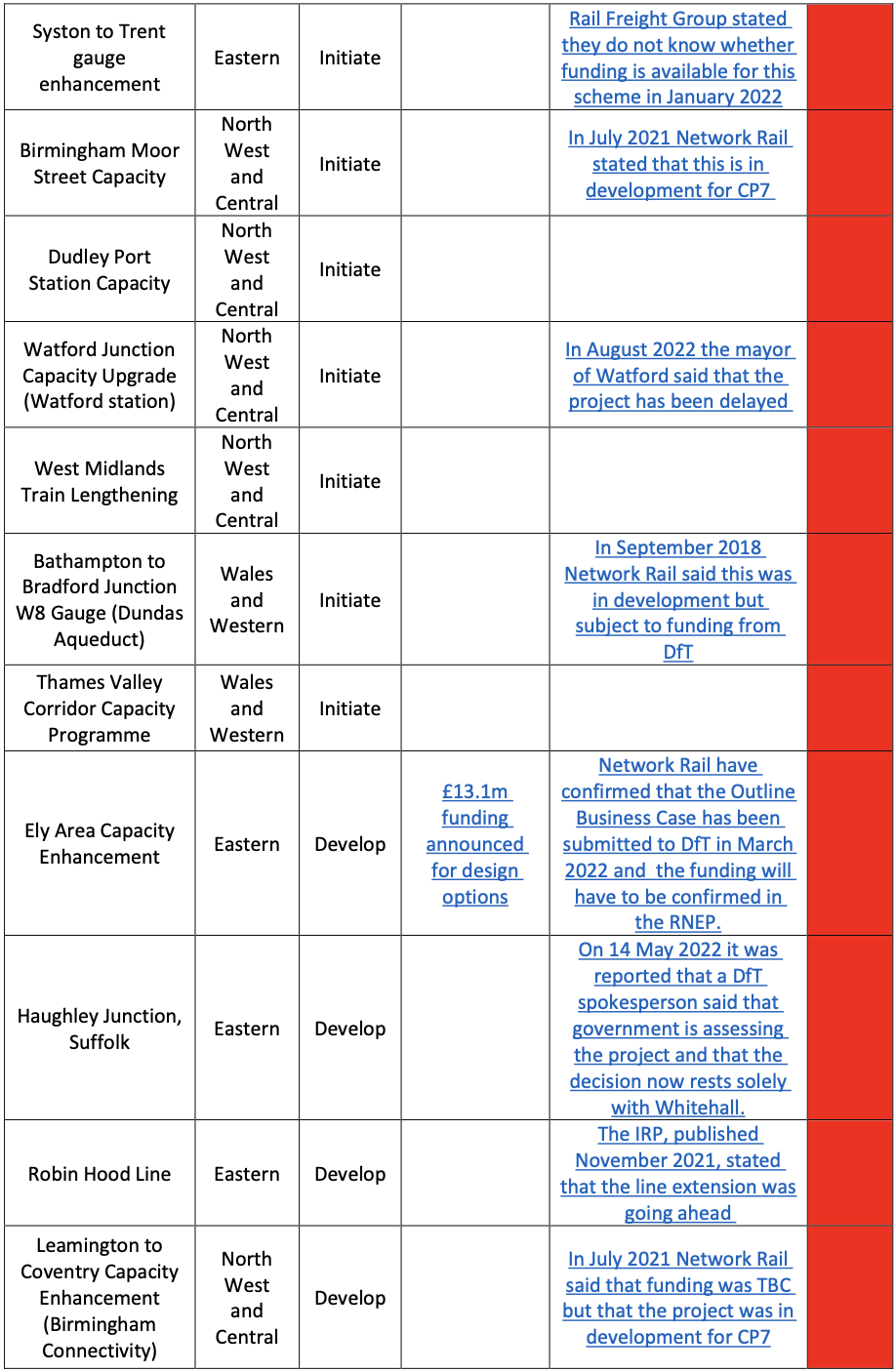
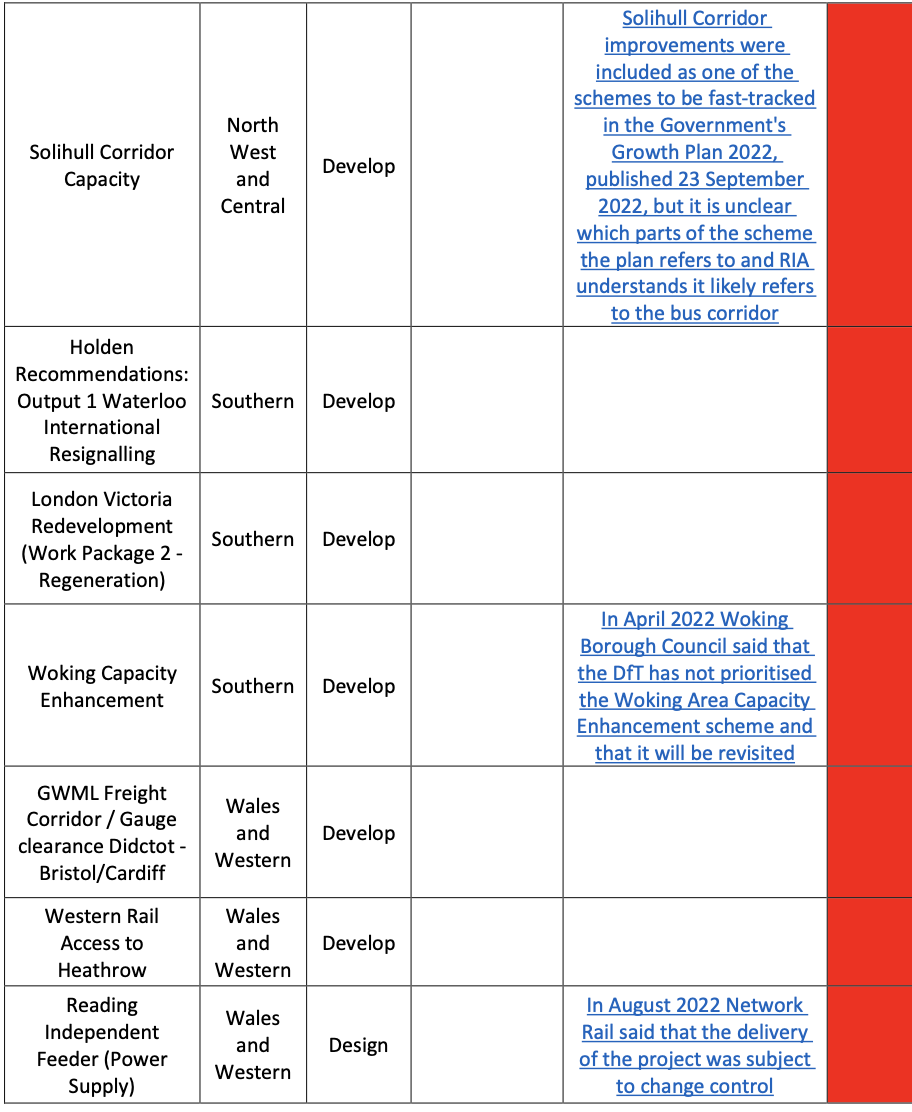
































 (300 x 250 px).jpg)














